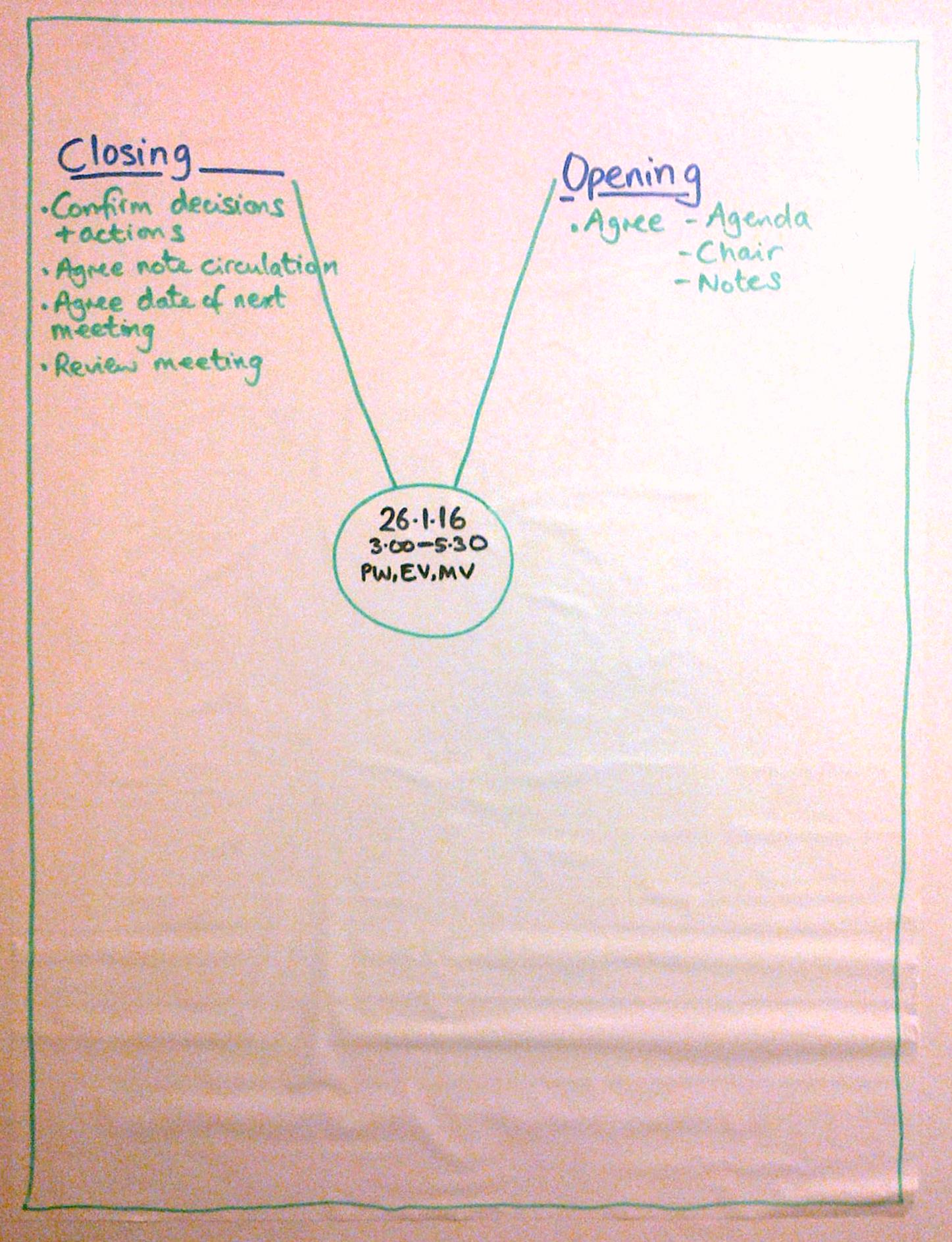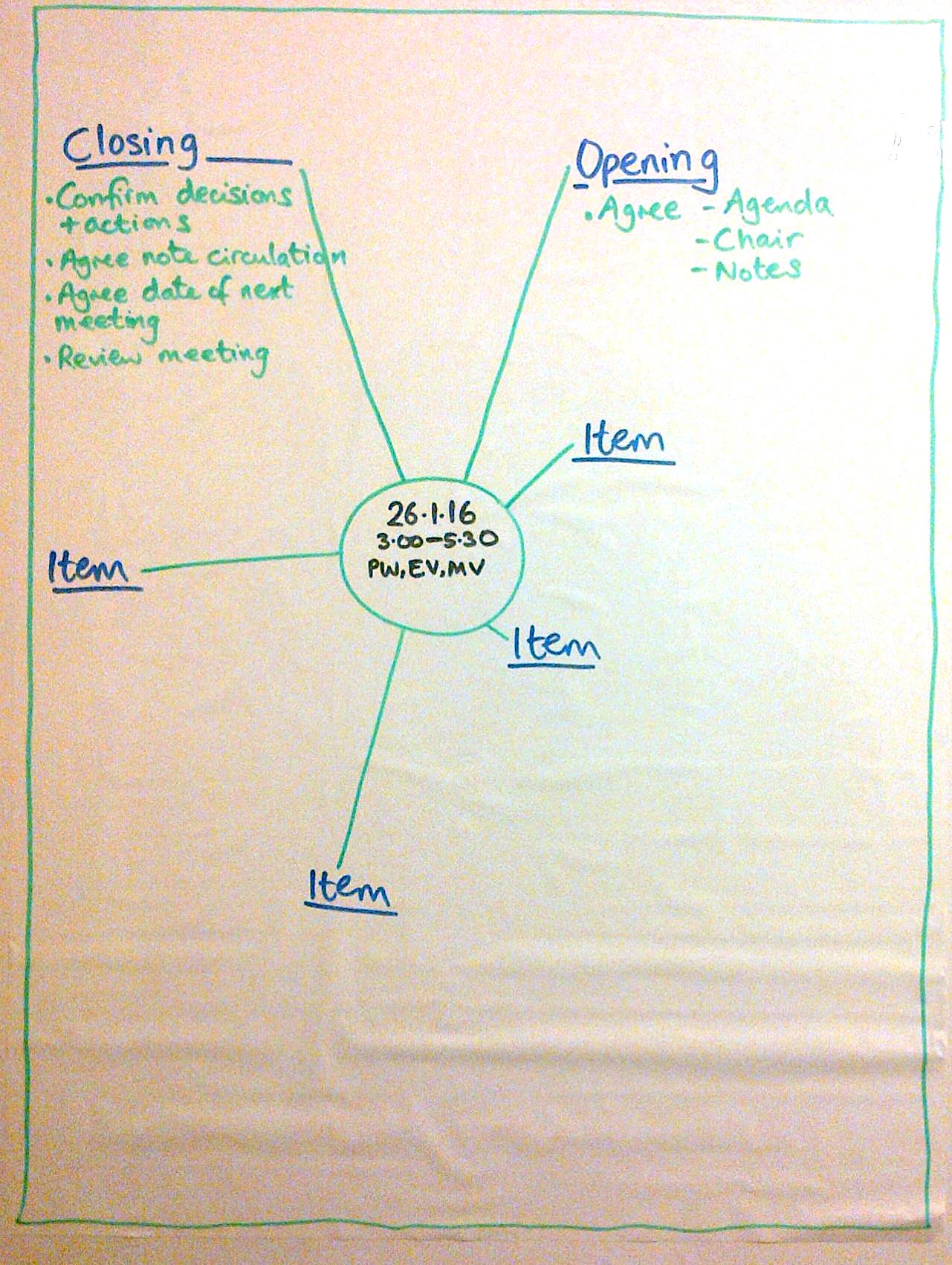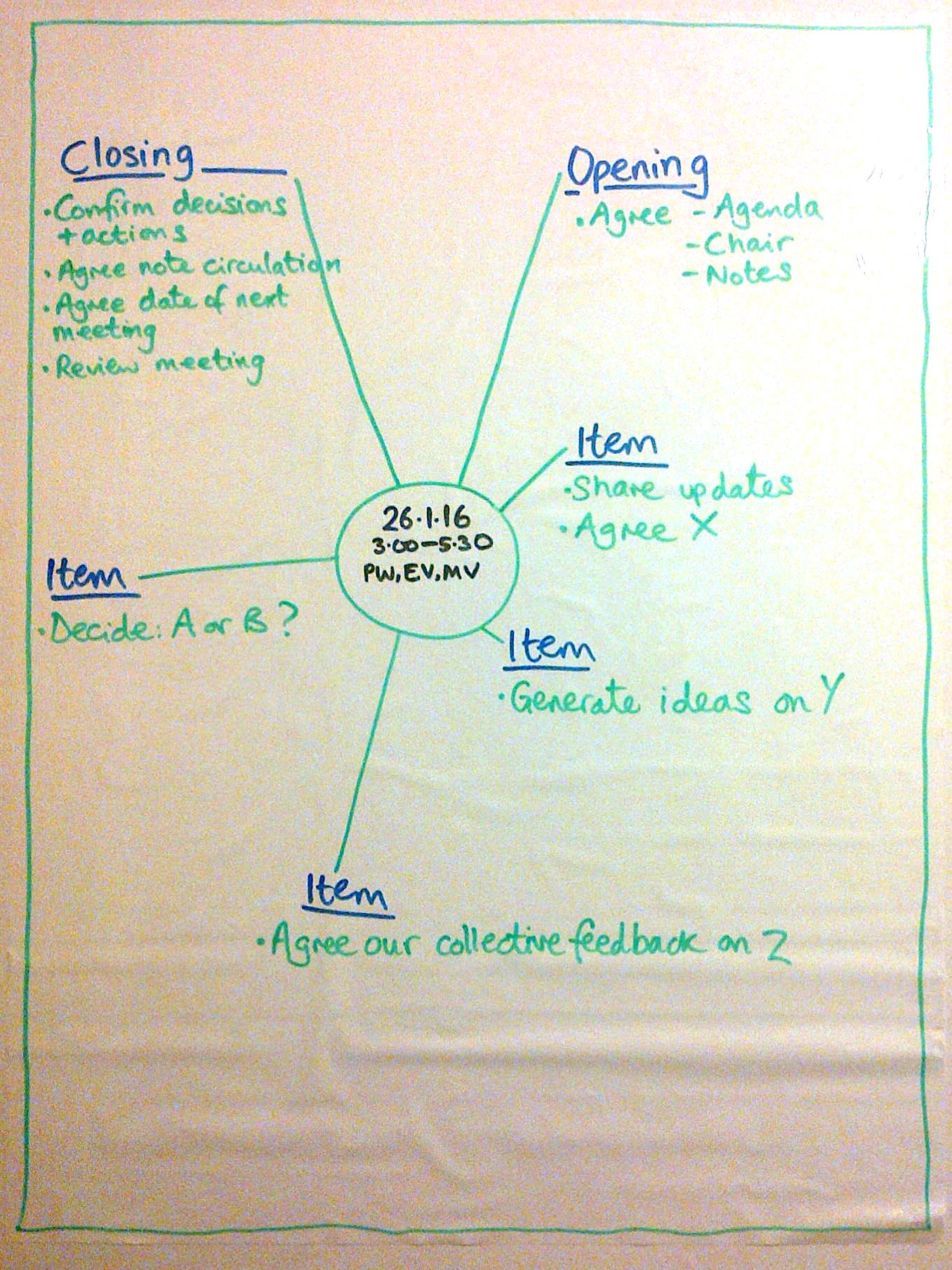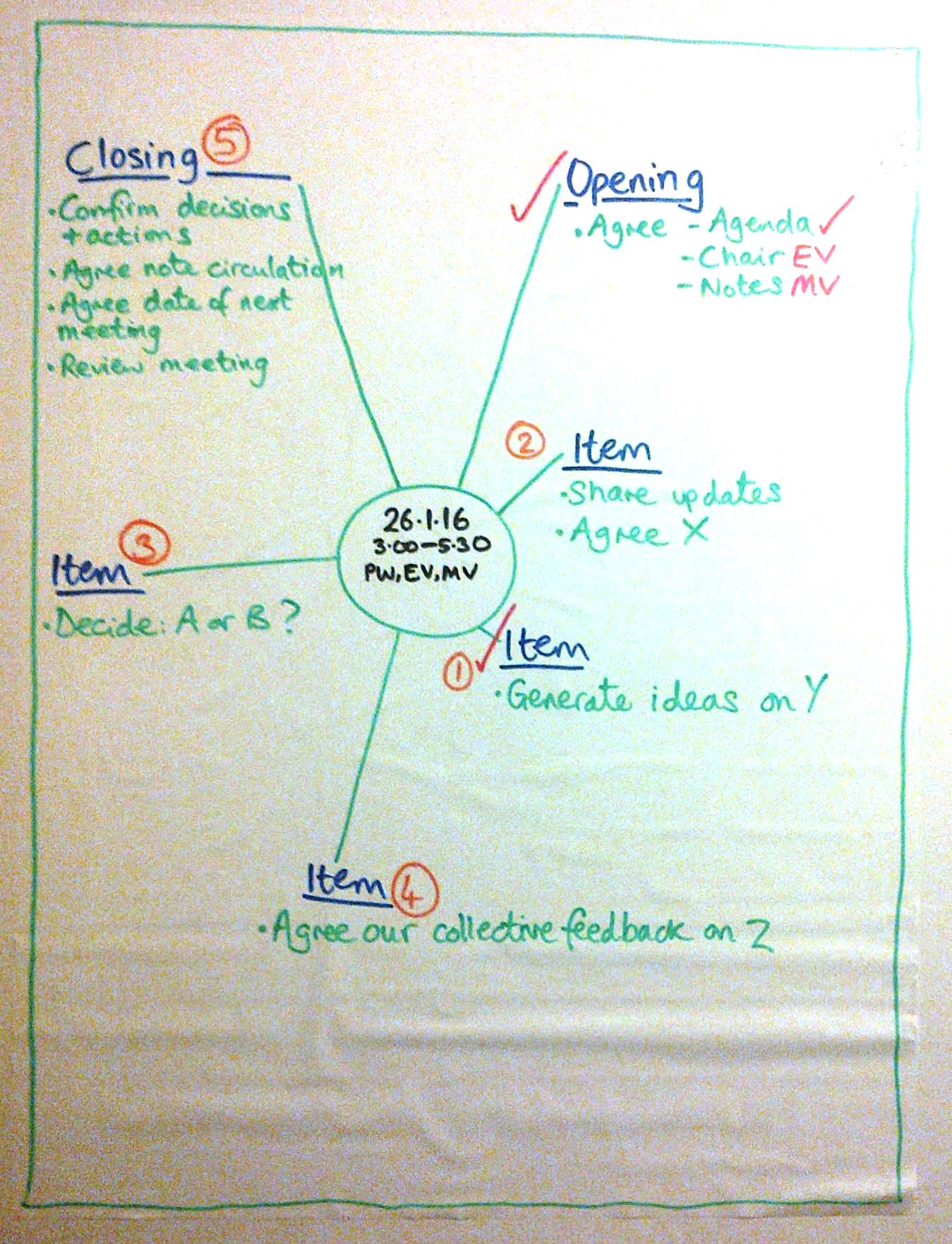Inside some organisations, there are networks of facilitators who design and run better meetings. Perhaps you are in such a network, or have worked with people who are. Perhaps you've designed and run training for people who go on to be part of such a network. These are, for the most part, people who facilitate either as a part of their job (and are given management support and time within their job to do this) or on top of their day job (having to carve out time informally, and doing it because they love it). They are not generally full-time facilitators.
IEMA's Leading the Way Conference
Are you coming to EMEX next Thursday 23rd? Or to IEMA's Leading the Way conference, which is running alongside it?
I'll be hanging round the IEMA stand in the morning, and then giving you all some sneak peeks at the shiny new improved and fully updated second edition of Change Management for Sustainable Development. I'll be joined by the wonderful Jane Ashton (TUI Group) and Vicky Murray (Pukka Herbs), with Nick Blyth from IEMA to help us out and some surprise guests.
Keep it sheepy!
acilitators need to stay out of the content- which belongs to the group - and intervene only to improve process. (There's more on this here: the neutral facilitator.) But sometimes we get tempted to smuggle in our own views when we question or reflect back to the group.
Fellowship - thanks IEMA!
I’m honoured and proud to have been invited to become a Fellow of the IEMA (Institute of Environmental Management and Assessment).
Powerful tools for planning stakeholder engagement
Join me at the IAF's Paris Conference, in October. I'll be sharing powerful tools for planning stakeholder engagement (pdf).
Here's a little taster video. See you there!
Peace, justice, partnerships and a strategic approach - 7/7 on business and the Sustainable Development Goals
Who will catch me when I fall?
Final places remaining - book now! Still conversations for sustainability leaders
Work, growth, innovation and equality - Sustainable Development Goals and business
Stonewall and P&G's work to promote equality for LGBT staff in Spain, Rype Office's repurposed office furniture for Public Health Wales, Willmott Dixon Interiors working with the Amber Foundation to help vulnerable youngsters into work... These are just some of the businesses featured in part six of my seven part series for The Environmentalist on how business can help support the SDGs.
Where next for your sustainability strategy?
In these turbulent days, with right-wing populist movements rising and an unpredictable political context, you may be asking yourself how this should be reflected in your sustainability strategy.
Perhaps there are critical business and organisational issues which need addressing, regardless of political uncertainty.
Personal resilience hits a nerve
Every single place at this first still conversation has been snapped up - its theme of personal resilience has clearly touched a nerve. Coming along are people like the CEO of a sustainability NGO, the head of sustainability at a local authority, the group sustainability manager at a nationally known construction company and a director from a pioneering sustainable business think tank.
Carousel in action
Still...... a new season of workshops for spring
Clean energy, thriving cities: Sustainable Development Goals #5
Bringing affordable off-grid renewables to remote communities in developing countries; using cutting-edge data analysis to save money and carbon in modern buildings; micro-managing students' energy use to balance the national grid: some of the brilliant things that are featured in the latest of my series on how businesses are helping contribute to meeting the Sustainable Development Goals.
What do we need now, from sustainability leaders?
When I got the news about the US Presidential election result, I went through a lot emotions that I'm still processing.
One that may have been shared by those of you who are looked to for leadership - in ways big or small - was uncertainty about what to say to people who are wanting guidance. I had to think about this pretty quickly, as I'd been asked present on leadership in the closing session of a four-day workshop on sustainable business.
Campaigners, community groups, activists and faith groups - run your business meetings better so you can get on with the important stuff!
If you're involved in a local group - campaigners, activists, community action, faith group - there will be some really important things you want to achieve in the world. And you'll have some kind of team, committee, council or similar organising the activities behind the scenes. How are those meetings? Clear, engaging, effective? Or dull, interminable, frustrating, repetitive?
I've led a couple of two-hour training sessions this year for groups on how to run meetings which make clear decisions that stick. So that they can spend time on doing the stuff that really matters.
Here are the handouts from the workshop I ran in mid November.
If you think your group would benefit, get in touch to see what I can do to help you.
Peer learning workshops - some emerging ideas
I'm excited about ideas for peer learning workshops that have been bubbling away in my head and are beginning to take shape.
Focused, coachy, peer learning
I want to bring together sustainability people of various kinds, to be able to talk with each other about their challenges and ideas in a more expansive and easeful way than a conference allows.
People really benefit from being able to think aloud in coaching conversations. I've seen the transformations that can happen when supportive challenge prompts a new way of looking at things.
We also get so much from comparing our own experiences with peers: finding the common threads in individual contexts, exploring ideas about ways forward.
I’d like to combine these things by making the peer learning available in smaller groups and smaller chunks, where the atmosphere is more like coaching.
What's the idea?
The idea is to run half-day workshops, with between 6 and 10 people at each event. The intention is that they are safe and supporting spaces, where people can talk freely. We'll meet in spaces that are relaxed, creative, private, energising and feel good to be in. (More comfortable than the stone steps in the picture.)
Each workshop would have a theme, to help focus the conversations and make sure people who come along have enough in common for those conversations to be highly productive.
I'd run a few, on different themes, and people can come to one, some or all of them. They don't have to come to them all, so the mix of people will be different for each workshop.
I'd charge fees, probably tiered pricing so that it's affordable for individuals and smaller not-for-profits, but commercial prices for bigger and for-profit organisations.
The content of each workshop will come from the participants, rather than me: my role is to facilitate the conversations, rather than to teach or train people.
Choices, dilemmas, testing
When I've tested this idea with a few people, many have said that the success of the workshops will depend on who else is there: people with experience, insight, credibility. People they feel able to trust, before they commit to booking. I think this is useful feedback.
On the other hand, I'm unsure about the best way to ensure this. Is it enough to include a description of "who these workshops are for" and leave it to people to decide for themselves? Or should I set up an application process of some kind: asking people who apply to include a short explanation of who they are, what their role and experience is, and why they want to come along.
If I set up an 'application' process, will that be off-putting to the naturally modest? Too cumbersome? Adding extra steps (apply, wait, get place confirmed, then pay...) feels risky: at each step, the pool of likely participants will get smaller. Will this make the workshops unviable? Who am I to choose, anyway?
Another option is to make the workshops 'by invitation' with people having the option of requesting an invitation for their friends, peers, colleagues - or even themselves. This is what I'm leaning towards at the moment, based on gut feel.
Will this increase people's confidence in the workshops - that not just anyone gets a place, their peers will provide quality reflections and be people worth meeting? Will it make those people who do get an invitation feel special, better about themselves?
And will I really turn down anyone who asks for an invitation? What will they feel?
I've set up a survey to gather views on this, as well as on the topics that will be most interesting to people. Please let me know here where's there a short survey. Discounts and prizes available!
How it feels to experiment
I'm not a natural entrepreneur. Some people love to experiment and learn from failure. Fail faster. Fail cheaper. Intellectually I'm committed to experimenting with these workshops: testing out ideas about formats, marketing, pricing, venues, topic focus vs emergence, length, the amount of 'taught' content vs 'created' content and so on.
Emotionally: not so much. I want to get everything right before I start (which is why it's taken me about six months to even get to this stage). I'm getting great support from lots of people, and boy do I need it. Even sitting here, I can feel the prickly, clammy, cold physical manifestations of the fear of failure.
I need to move through the fear and into the phase of actually running some test workshops. I know they'll be great. I can see the smiles, feel the warmth, visualise the kind of room we're meeting in and the I already have the design and process clear. I have a shelf of simple but beautiful props in my office. I am 100% confident about the events themselves, it's the communications and administration of the marketing that freaks me out.
Learning from the learning
So already I'm learning. About myself, about what people say they need, about how venues can be welcoming or off-putting, about how generous people are with their time and feedback.
Sweet like chocolate - protecting Earth's life support systems
In the fourth of my series on business and the Sustainable Development Goals, I found out about how Nestle and Mondelez are working to secure their long-term supply of cocoa, about how companies are calling for greater action on carbon emissions and how the pension fund of England's environment regulator is divesting from fossil fuels. This part of the series looks at Goal 13 Climate Action and Goal 15 Life on Land.
You can see the article over at The Environmentalist's website here. Login if you are a subscriber or an IEMA member, or register for a free trial. If that's not for you, the pdf is here.
Explorer Inge Solheim raised a flag representing Goal 13, Climate Action, in the community closest to the North Pole, to support the UN Global Goals for Sustainable Development. Image c/o Global Goals media centre.
She is Sustainable - sustaining the sustainers
Vertically, horizontally or circularly ambitious? Mothering or child-free, by choice or randomness? Urban or rural? Partnered for life or a free agent? Gay or straight or something else? Employed, entrepreneur or freelance?
Women who work in sustainability are all these things and more.
She is Sustainable was invented by five UK-based sustainability women (Becky Willis, Solitaire Townsend, Amy Mount, Hannah Hislop and Melissa Miners) who thought…
Fresh water, salty water and sustainable resource use - business and the Sustainable Development Goals #3
Free diving world champion Umberto Pelizzari, raised a flag to represent Goal 14, Life Below Water, off the coast of Formentera, to support the UN Global Goals for Sustainable Development. Credit: Enric Sala. http://www.globalgoals.org/media-centre/
In the third of my series on what business can do to support the Sustainable Development Goals, published in The Environmentalist, I look at goals 6 clean water and sanitation; 14 life below water and 12 responsible consumption and production.
I found lots of interesting action - most of which predates the SDGs - and was able to squeeze in impressive strides in reducing water use by Levi Strauss, Maersk Group starting to shift the entire ship breaking sector through its work in India and some head-to-head competition between Tesco and Sainsbury's on reducing food waste. And much more...
You can read the article in its rightful home on The Environmentalist's site here, or if you're not an IEMA member or a subscriber you can download a pdf here.





















